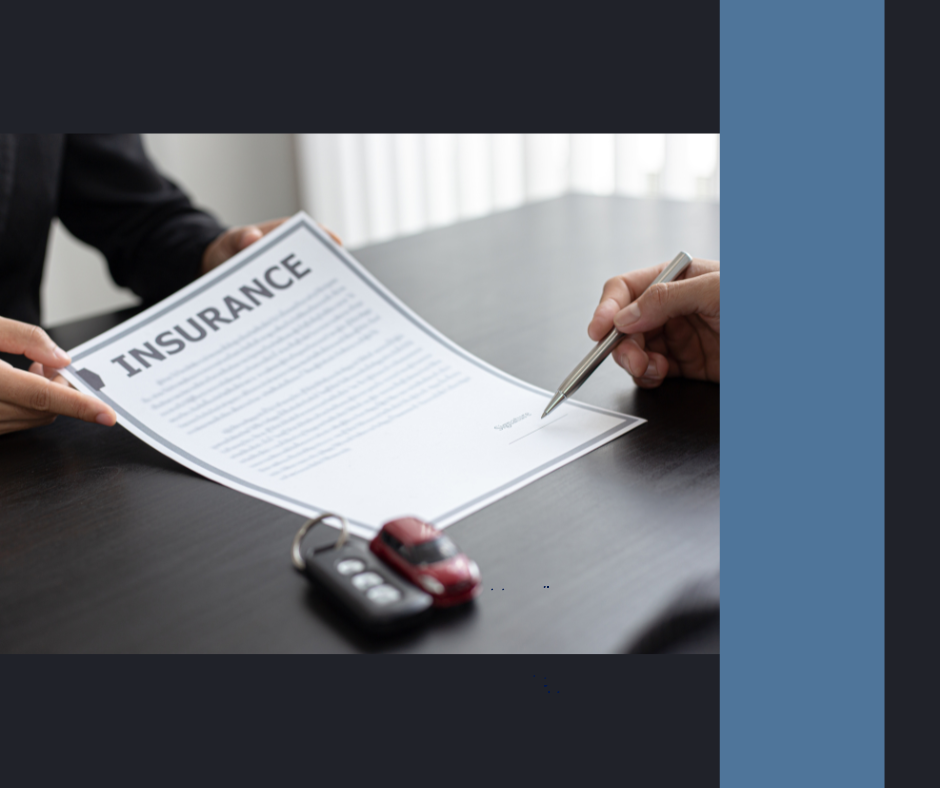
Insurance You Didn't Know You Needed
Share
When it comes to emergency preparedness, most people think about food, water, and first aid kits. But there’s another form of preparedness that’s just as crucial: insurance. The right insurance policies can mean the difference between recovering from a disaster and facing financial ruin.
Here’s what you need to know about what policies to have in place before a crisis hits.
Why Insurance Belongs in Your Preparedness Plan
Emergencies are unpredictable. A flood, fire, earthquake, job loss, medical emergency, or even a car accident can happen without warning. Insurance gives you financial protection, allowing you to focus on recovery instead of worrying about how to pay for the damage.
Think of it as your financial first-aid kit.
1. Health Insurance
In a crisis, medical costs can skyrocket fast.
What to look for:
- Comprehensive coverage that includes emergency room visits, hospital stays, prescriptions, and specialist care.
- Know your deductibles, co-pays, and out-of-pocket maximums ahead of time.
Why it matters:
- A single accident or illness can cost tens of thousands of dollars without insurance.
2. Homeowners or Renters Insurance
Whether you own or rent, protecting your living space is essential.
What it covers:
- Fire, theft, storm damage, vandalism.
- Liability if someone gets injured on your property.
Important tip:
- Standard policies often don’t cover floods or earthquakes—you need separate policies for those (more on that in #6. Specialty Policies).
3. Auto Insurance
Even if you’re parked at home during a crisis, your vehicle can be damaged by storms, falling trees, or debris.
What to ensure:
- Comprehensive coverage for natural disasters, theft, and vandalism—not just liability.
Why it matters:
- Your vehicle may be essential for evacuation or recovery.
4. Life Insurance
If you have dependents, this is one of the most loving forms of preparedness you can offer them.
Why you need it:
- Provides financial support for your family in case of your untimely death.
- Can cover funeral expenses, debts, and ongoing living costs.
Check out this article for information on Estate Planning.
5. Disability Insurance
An often-overlooked policy that can be life-saving:
What it does:
- Replaces a portion of your income if you can’t work due to injury or illness.
Why it’s important:
- Many families live paycheck to paycheck—disability insurance helps keep the lights on and food on the table during recovery.
6. Specialty Policies: Flood & Earthquake Insurance
Depending on where you live, these separate policies might be essential.
Flood insurance:
- Typically not included in homeowners or renters policies. It MUST be added separately.
- Even a few inches of water can cause tens of thousands of dollars in damage.
- Especially important in hurricane prone areas.
Earthquake insurance:
- Typically not included in homeowners or renters policies. It MUST be added separately.
- Especially important in fault-line regions.
What To Do Right Now
1. Review your current policies.
2. Make sure you understand what’s covered—and what isn’t.
3. Update your coverage if there are gaps (for example, adding flood or earthquake insurance).
4. Keep copies of your policies in a safe place (a waterproof/fireproof box and digital copies).
Final Thought
Preparedness isn’t just about stockpiling supplies. It’s about protecting your family and future. Before disaster strikes, take the time to secure the insurance policies you need. In a crisis, you’ll be grateful you did.
No fuss. No fluff. No fear.
Other Articles of Interest
How to Financially Prepare for Emergencies Without Going Broke
How to Prepare on a Tight Budget: Tips for Beginners
